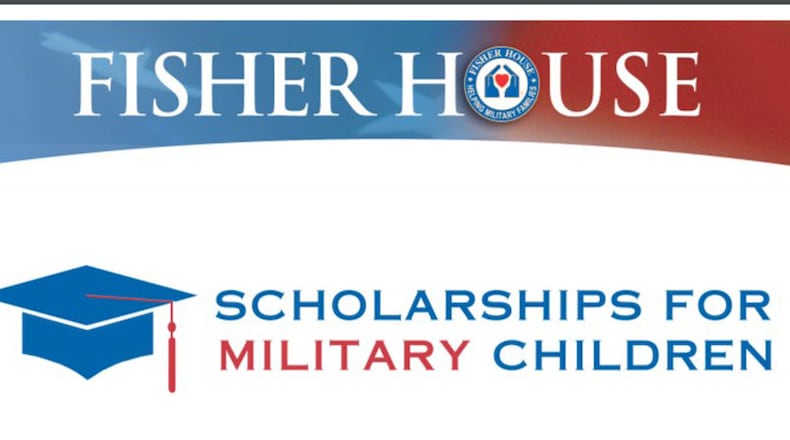“The foundation underwrites all the expenses for administering the program so a company donating $10,000, for example, would be assured that their donation resulted in five scholarship grants of $2,000 each,” said Jim Weiskopf, Fisher House Foundation vice president and administrator of the Scholarships for Military Children Program. “And we have done this for 19 years now. In those 19 years, there have been more than 100,000 applications submitted, with 11,314 recipients selected, sharing a total of $19,126,000. The program is truly a success story.”
There will be at least one recipient selected at every commissary location where qualified applications are received, and additional recipients will be selected based on a prorated basis, so more applicants will be selected from those commissaries with larger numbers of applicants.
For scholarship year 2020-21, Fisher House Foundation will award 500 scholarship grants of $2,000 each. The selection process begins immediately following the Feb. 24 deadline for entries.
“For 20 years commissaries have been selected by the Fisher House Foundation to offer these scholarships to the deserving sons and daughters of our military members,” said Marye Dobson, the Defense Commissary Agency’s scholarships program liaison. “We are honored to be associated with Fisher House and the efforts they put forth, and we thank the many industry partners that continue to make the scholarship grants happen each year.”
This year marks the second in which applications are being accepted entirely online. The application, including essay question, will be available for download from the Scholarships for Military Children website beginning Dec. 16. There, you'll also find answers to frequently asked questions and other information about the program. Fisher House also maintains a custom scholarship search engine on the site, tailored to military families, called "Scholarships for Service." It's free and available on mobile devices or computers at militaryscholar.org.
Qualifying for selection to be awarded a grant is straightforward. Requirements include completing the application; submission of the student’s official transcript indicating a minimum cumulative GPA of 3.0 or above on a 4.0 scale for high school applicants, or college transcript indicating a cumulative minimum GPA of 2.5 or above on a 4.0 scale for students already enrolled in college; and an essay of 500 words or less, no longer than two pages.
“The hallmark of the program is the 500-word essay,” said Weiskopf. “It is always on a topic that does not have a right or wrong answer, but one that makes applicants think and possibly have a conversation with their parents over the dinner table.”
Eligibility for the program is determined using the Defense Enrollment Eligibility Reporting System database. Applicants should ensure that they, as well as their sponsor, are enrolled in the DEERS database and have a current U.S. Uniformed Services Privilege and Identification Card. The applicant must also be planning to attend or already be attending an accredited college or university, full time, in the fall of 2020 or be enrolled in a program of studies designed to transfer directly into a four-year program.
Applicants who are awarded a full scholarship to attend a college or university or receive an appointment to one of the military academies or affiliated preparatory schools are not eligible to receive funds from this program. A full scholarship is usually defined as one that provides for payment of tuition, books, lab fees and other expenses.
About the Author
